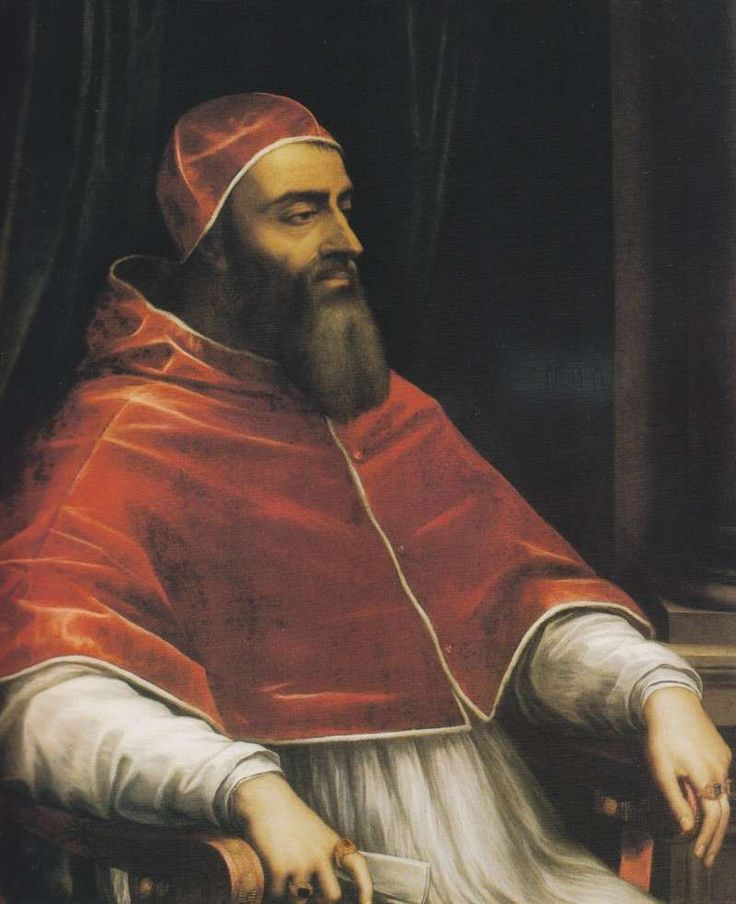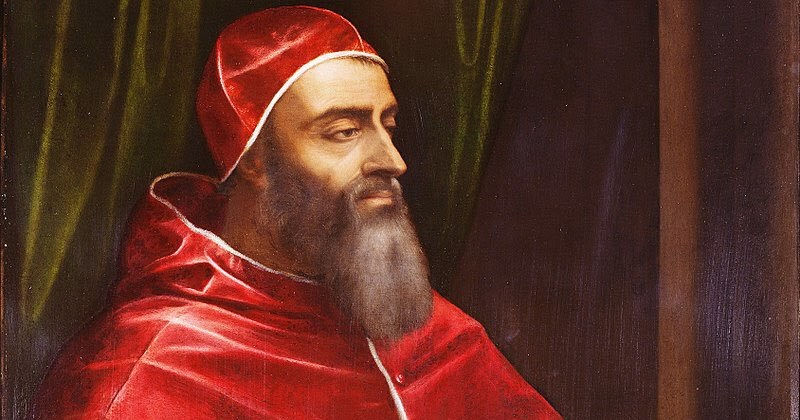Clement VII
Pope Clement VII presided over both the Papal States and the Catholic Church from 19 November 1523 until his death on 25 September 1534. The pontificate of Clement VII, known as "the most wretched of the popes", was characterized by a quick series of political, military, and theological conflicts—many of which had been decades in the making—that had profound repercussions for Christianity and global affairs. In contrast to his torturous pontificate, Clement was a devout man with a respectable character who had "great theological and scientific acquirements" and had "extraordinary address and penetration—Clement VII, in calmer times, might have administered the Papal power with high reputation and enviable prosperity".
Clement, however, does not appear to have understood the changing position of the Pope" in connection to Europe's developing nation-states and Protestantism, despite his extensive insight into the political affairs of the continent. In the Medici tradition, Clement left behind a major cultural legacy. He paid for pieces of art by Raphael, Benvenuto Cellini, and Michelangelo, notably The Last Judgment by Michelangelo, which is located in the Sistine Chapel. Clement is most remembered for approving Nicolaus Copernicus's thesis that the Earth revolves around the Sun in 1533, 99 years before Galileo Galilei was put on trial for heresy for holding a view identical to Copernicus'.














